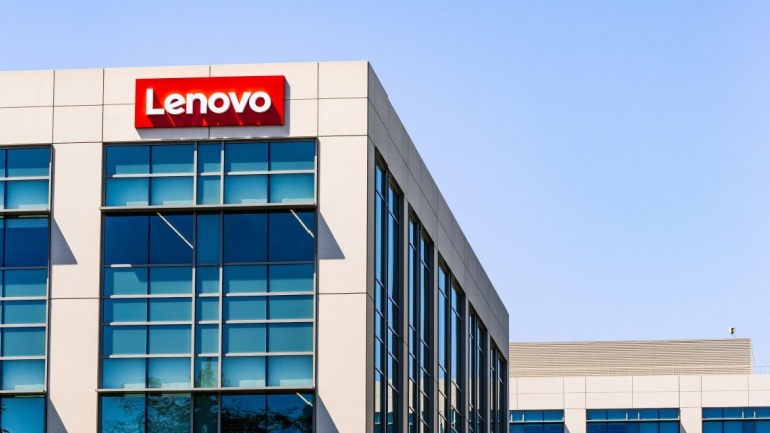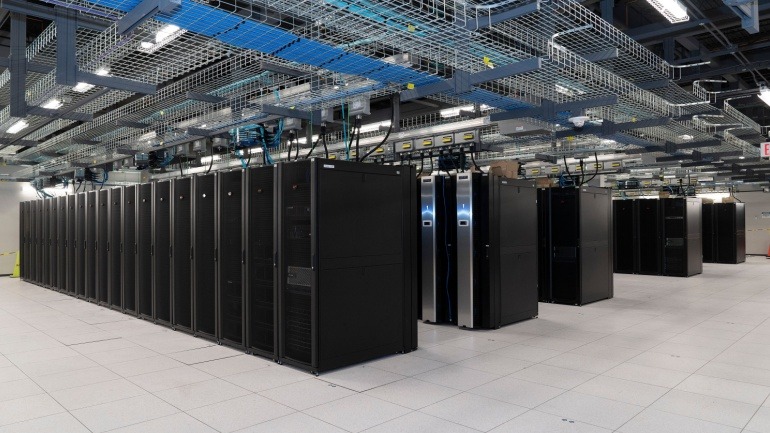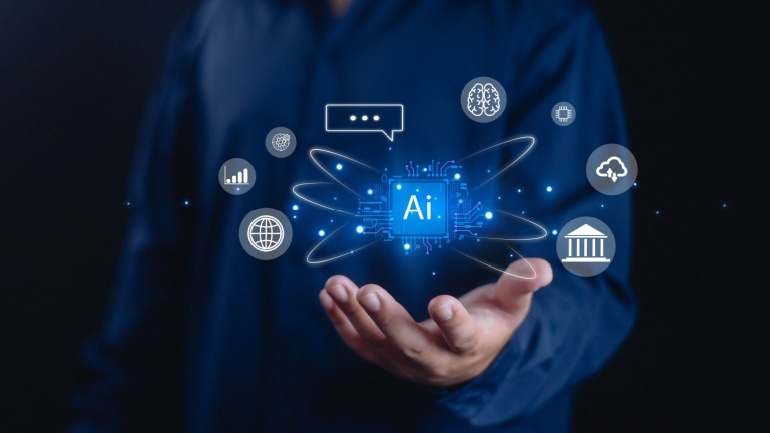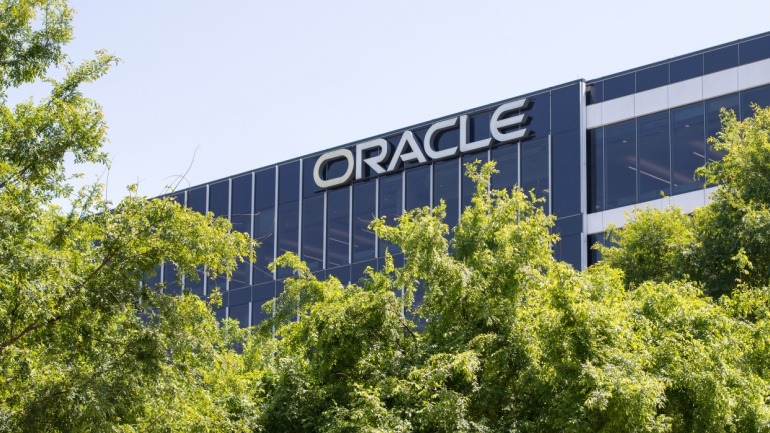Lenovo’s AI-powered PCs are revolutionizing enterprise VoIP through digital assistants that enhance workflow, automate tasks, and improve decision-making. This strategic move allows businesses to deploy AI agents within their telecommunication systems, ensuring seamless operations. With Lenovo’s innovative approach, enterprises can experience enhanced productivity and robust security in their VoIP infrastructure.
In the ever-evolving landscape of Unified Communications (UC), sustainability is emerging as a key consideration, influencing how businesses select their UC providers. With regulatory changes and environmental responsibility becoming primary concerns, decision-makers must now weigh the ecological impacts alongside traditional factors like reliability and cost. This shift is further compounded by the energy demands of artificial intelligence (AI) integration in UC platforms, making accurate emission assessments crucial. For companies striving towards carbon neutrality, transparency in emissions and sustainable practices are integral to meeting both regulatory requirements and corporate social responsibility goals.
VoIP communication is evolving with the rapid advancement of AI and high-performance computing, integral to modern data centers. As server densities rise, traditional cooling systems struggle, presenting an opportunity for the data center liquid cooling market. Projected to grow significantly, innovative solutions enable efficient cooling, enhancing VoIP infrastructure stability.
The telecommunications industry demands innovation, and Intermedia’s Service Provider Migration Program offers a VoIP solution poised to transform businesses. This initiative helps service providers seamlessly shift clients from legacy systems to Intermedia’s cutting-edge AI-driven platform. With automated tools and expert support, partners can enhance customer satisfaction by modernizing their communication solutions efficiently.
Imperial College London is at the forefront of AI innovation in hybrid meetings. Caroline Carter, AV Services Manager, indicates AI struggles with meeting equity due to human habits and room design, not hardware limitations. AI improves scheduling and accessibility, aiding neurodivergent staff, but training and user understanding are essential for full benefits.
In the telecom sector, AI presents both vast opportunities and regulatory challenges. Embedded in network optimization and fraud detection, AI’s growth requires compliance with evolving global regulations, such as those from the EU and South Korea. To adopt AI successfully, telecom operators must prioritize ethical standards, risk management, and strategic regulation adherence.
Oracle’s Intelligent Communications Orchestration Network Cloud Service revolutionizes enterprise VoIP, integrating voice, collaboration, and AI for seamless communication. Benefiting call centers with multiple vendor systems, it offers AI-enhanced services like voice-enabled documentation. Oracle’s technology-neutral solution, built on Oracle Cloud Infrastructure, ensures robust security, simplifying VoIP operations and enhancing agility.
Celona, a private 5G operator, has strategically downsized its workforce by 20% due to slow market conditions and macroeconomic challenges affecting private 5G deployment. Despite these setbacks, Celona focuses on existing customers, exploring new sectors, and maintaining innovation, particularly in AI-driven platforms, to drive growth in the VOIP industry.
Voice technology is experiencing a paradigm shift with the introduction of Speech-to-Retrieval (S2R), transcending conventional voice search systems. Unlike traditional methods, S2R directly processes audio into actionable information, enhancing speed and precision. This advancement leverages AI for instant, context-aware responses, revolutionizing user interaction with voice-activated devices and platforms.
As technology advances, VoIP providers transform customer experiences with real-time, personalized engagements. Moving beyond traditional metrics, they embrace AI-driven solutions, like chatbots, enhancing service. With generative AI, VoIP companies predict and resolve issues proactively, building trust and loyalty. This innovation positions carriers for growth in a competitive telecommunications landscape.













